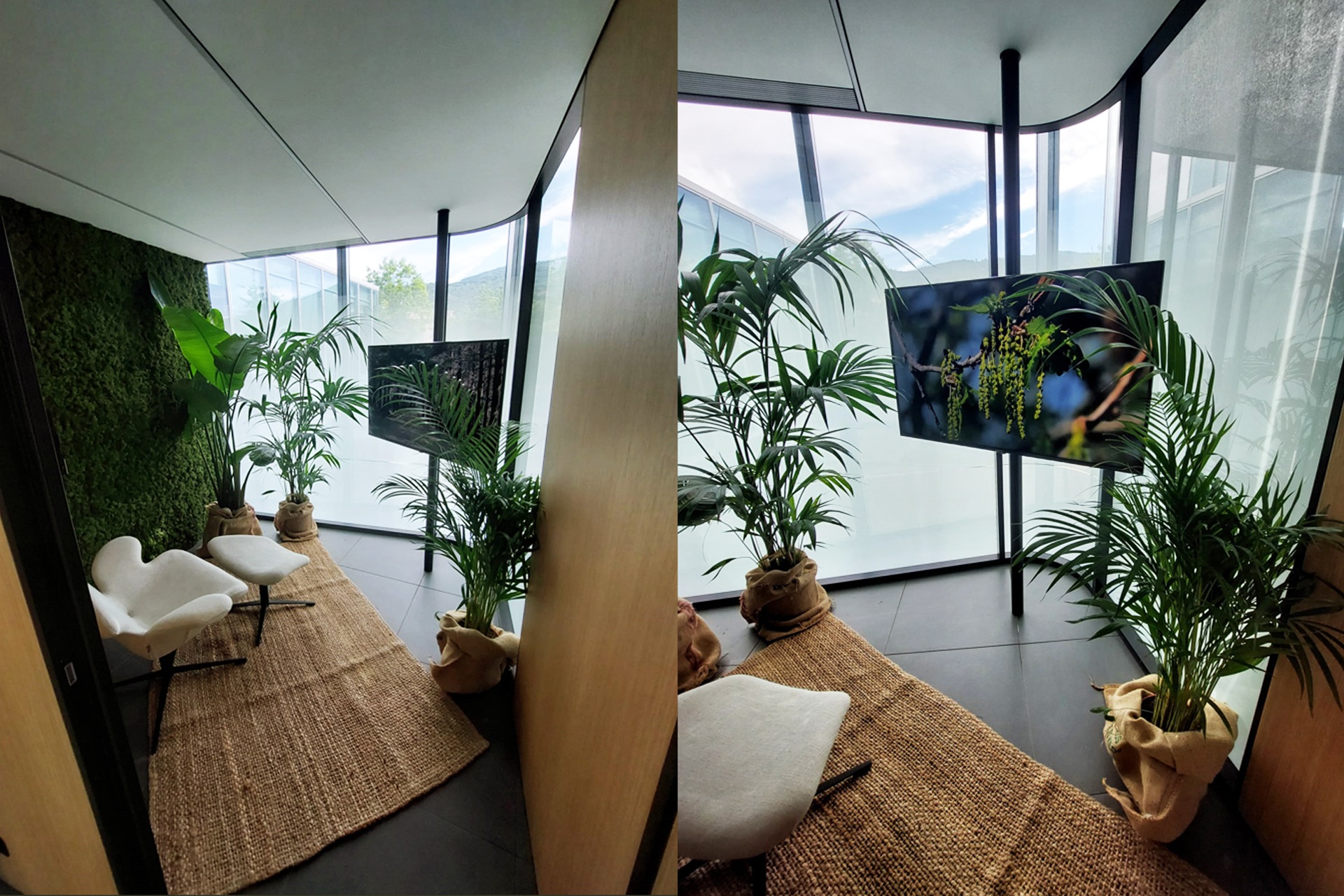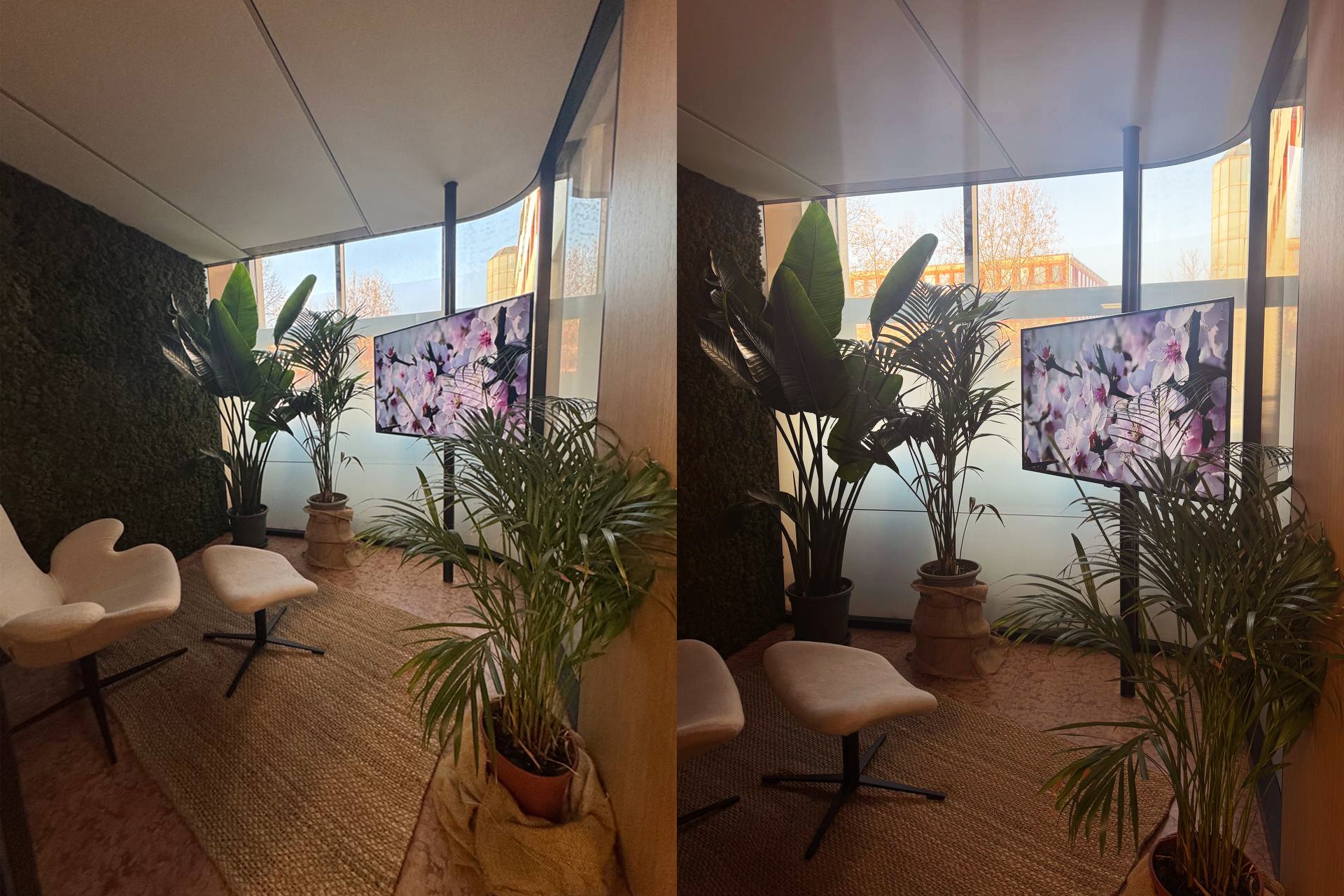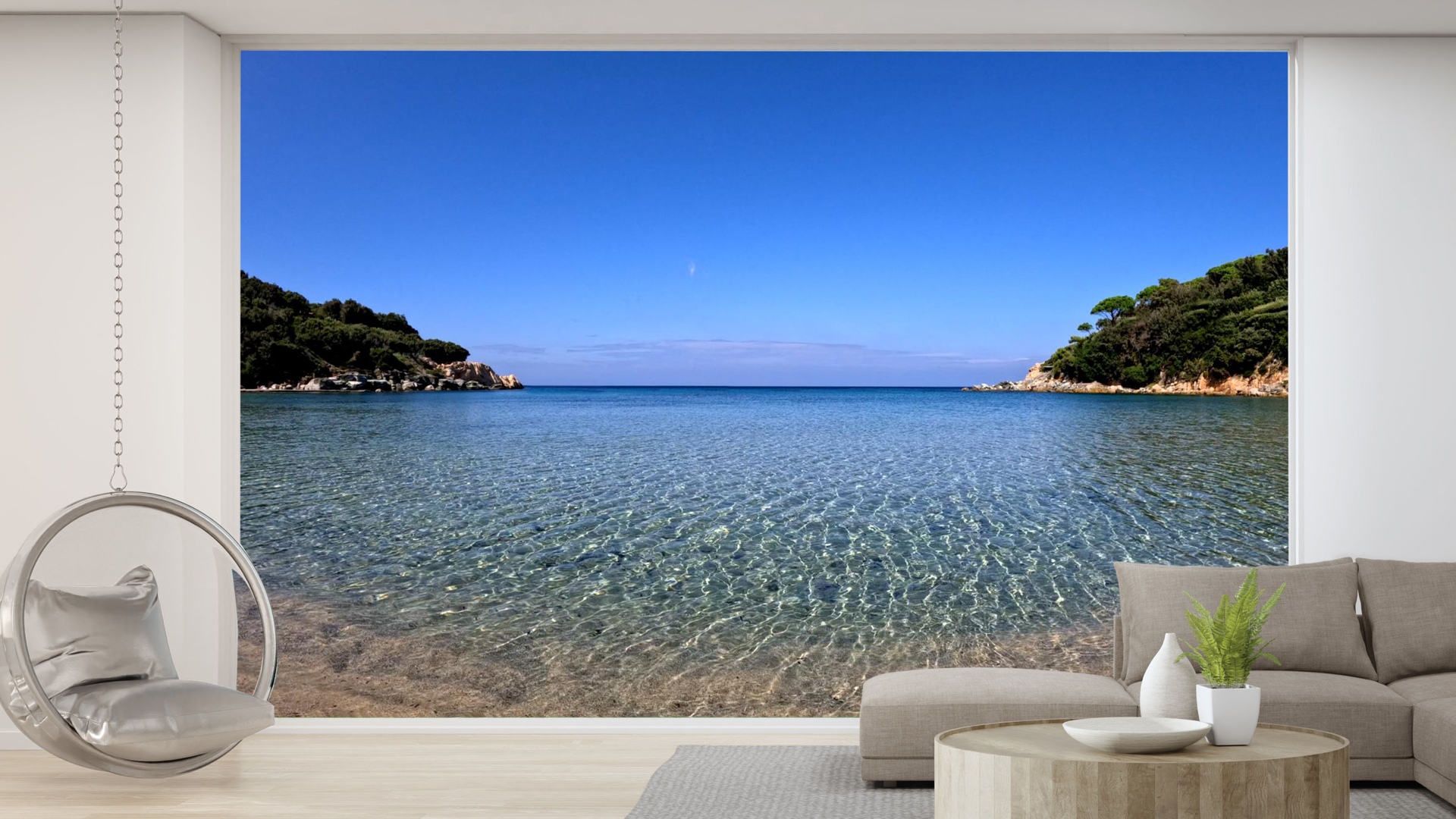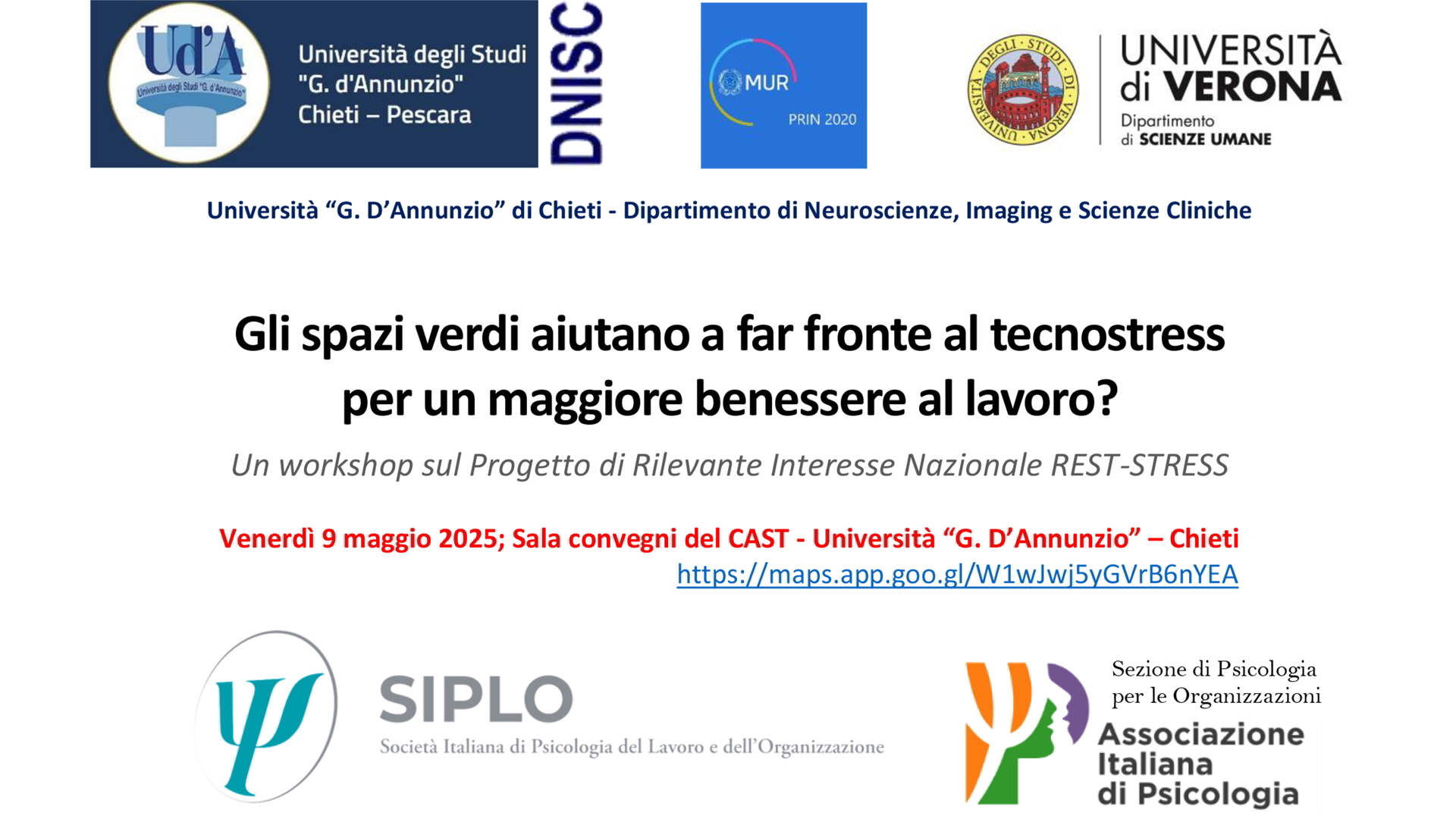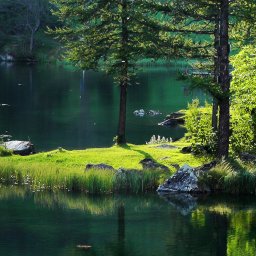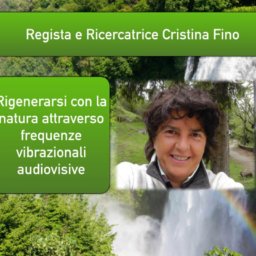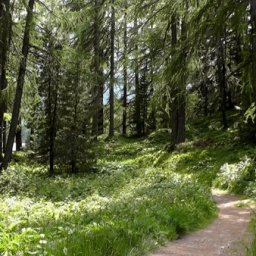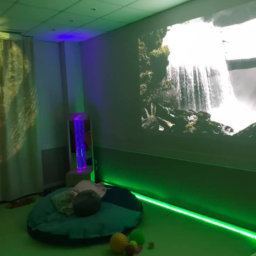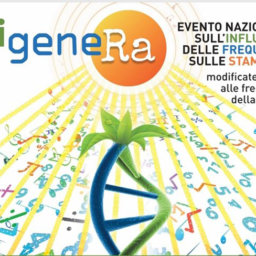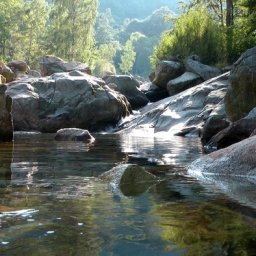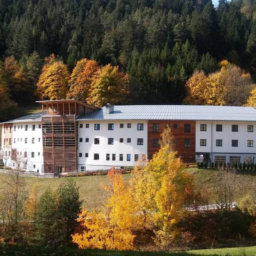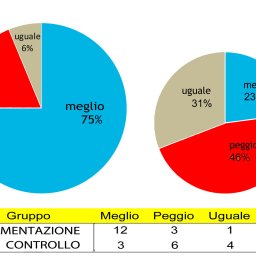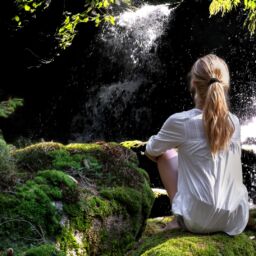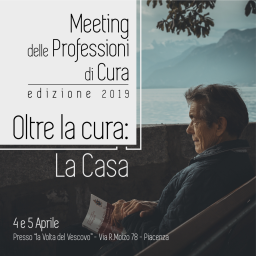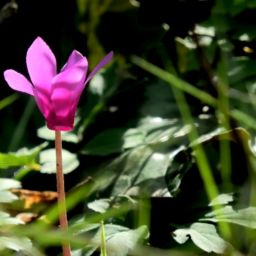Investigating how the characteristics of the physical environment can impact workers’ well-being by mitigating the effects of technostress.
This is the objective of the RestStress project, part of the PRIN National Research Project, conducted by the APsyM Laboratory, Department of Human Sciences, University of Verona, and the Department of Neuroscience, Imaging and Clinical Sciences, University of Chieti, with the support of ODue Lab, Estel and Alamar Life.
The study highlights the potential of biophilic design to promote psychological restoration and reduce physiological stress, emphasising the importance of integrating natural stimuli into work environments to promote employee health and productivity.
To conduct the research, the RestPod was created, an innovative prototype of a biophilic microenvironment designed to improve well-being in the workplace by counteracting cognitive fatigue and stress.
Based on environmental psychology theories and biophilic design principles, the RestPod incorporates natural elements such as stabilised moss, potted plants and wood, adjustable lighting and airflow controls, and Alamar Life video projections.
These features aim to foster positive emotions, reduce stress and promote a sense of autonomy among users.
The study analysed the regenerative power of the RestPod by examining emotions, perceptions of regenerativeness, regenerative outcomes, and burnout.
Results from a preliminary sample demonstrated significant improvements in mood and well-being. Positive emotions such as relaxation increased, while negative emotions such as stress decreased. The RestPod received high ratings for perceived restorativeness and restorative outcomes. Preliminary physiological data supported these findings, indicating a reduction in heart rate after the session.
+ 63% RELAXATION
+ 38% CALM
– 35% ANXIETY
– 31% STRESS
– 7 BPM HEART RATE
100 participants from 3 different backgrounds.
2,700 self-report questionnaires.
Over 11 million wearable measurements.
15 minutes a day for 5 days, 1 different environment per day:
mountains, woods, sea, flowers, rivers.
Led by researchers Margherita Pasini, Associate Professor in Psychometrics, Ph.D., and Margherita Brondino, Associate Professor in Psychometrics, Ph.D., assisted by Camilla Marossi, Environmental Psychologist, Ph.D., and Elisa Menardo, Psychologist, researcher in psychometrics, Ph.D., the APsyM Laboratory, Department of Human Sciences, University of Verona, has been collecting and analysing research data for over a year, and the research is still ongoing.
For over a month, the subjects were monitored through cardiac measurements and questionnaires. During the second week, the participants were invited to spend 15 minutes inside the biophilic module. Every day, they were shown a video of a different environment. Further data was collected during the third and fourth weeks to evaluate the results after several days.
The scenarios presented were: mountains, woods, sea, flowers and streams, through five short sequences that characterised them.
Specifically, the following short sequences were combined for each environment:
MOUNTAIN: High Mountain, High River, Woodland Walk 3, Larch, Walk on the Mountain.
SEA: Walk on the Sea, Sea Coasts, Sea Water, Sea Rocks, Sunset Sea 3.
WOODLAND: Woodland Walk, Acacia Flowers, Trees 2, Woodland Walk 2, Oak.
FLOWERS: Flowers 5, Fiori di Pesco 3, Lotus Flowers 2, Lavande 2, Cherry Plum.
RIVERS: Summer Rivers 2, Rock Water 2, Green Thermal Bath, Rock Water 3, Walk on the River.
The study highlights the importance of integrating natural stimuli into the workplace.
It also suggests an easy practice for relaxing and recharging at any time, in any indoor environment.
Excerpt from Dr Camilla Marossi’s speech:
“RestPOD: a regenerative space ‘against the wear and tear of modern life’”.


